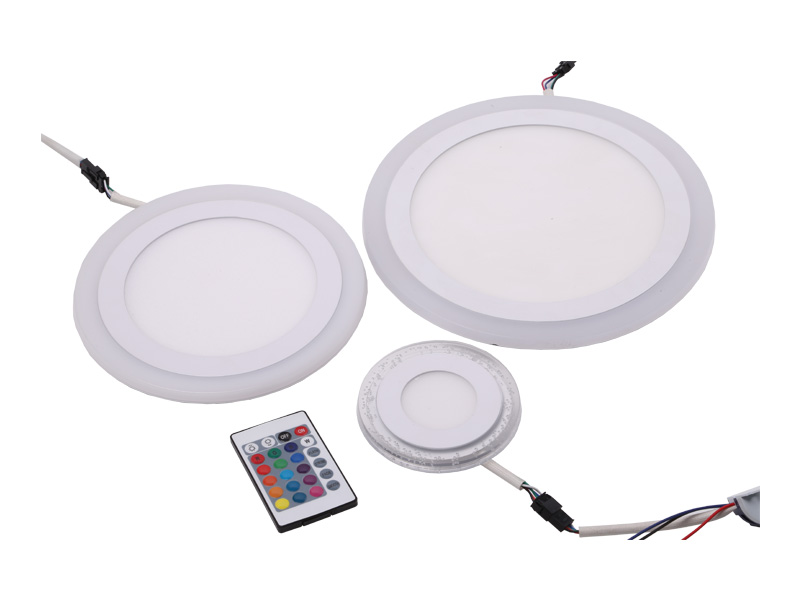How Bright Are LED Flood Lights and How Many Lumens Do You Need?
23-02-2026Ningbo sunle Lighting Electric Co.,Ltd
The latest research shows that as unit shipments contin […]
The latest research shows that as unit shipments continue to grow, the high-brightness light-emitting diode (HB LED) market is exploding. LEDs have created a niche market for traditional semiconductor processing tool suppliers. Expect HB LED,Led Panel Light,backlight LED and OLED market.

Solid-state lighting (SSL), especially SSL based on light-emitting diodes (LED), is gradually becoming the dominant technology in all lighting applications. The luminous efficacy of SSL has surpassed the previous lighting technology, and there is still a lot of room for improvement, and the price has dropped so that it no longer becomes an obstacle to consumer adoption. The LED technology platform also provides opportunities to go beyond traditional form factors, which reflect the limitations of previous lighting technology; go beyond the traditional functions of providing basic lighting; and achieve energy saving on the basis of improved energy efficiency, including changing at the appropriate time Precisely deliver more suitable light.
The explosive growth of applications is mainly driven by two directions: high-efficiency, large-area production of ultra-small GaN LEDs (micro-LED and nano-LED), and the possibility of merging photovoltaic-grade GaN micro-LEDs with silicon microelectronics. method. GaN LED technology has even spread to the field of display technology, which has been occupied by organic LEDs and liquid crystal displays for decades. In this review, the technological transition from lighting to GaN micro- and nano-devices is discussed, including the latest overview of existing technologies.
Organic Light Emitting Diodes (OLEDs) represent a field of SSL technology that can create diffuse light sources with thin and flexible direct emitters. This technology can produce new dimensions and lighting design flexibility, which is not available in today's LED or traditional lighting technology.